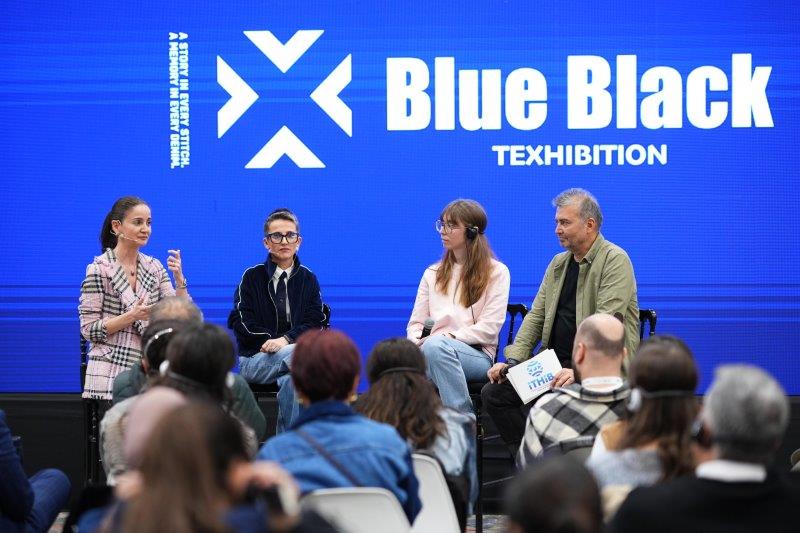SPESA initially announced this conference back in January and said the event would bring suppliers and manufacturers together to discuss current and emerging innovations in the sewn products industry and it would focus on efforts being made specifically in California.
Part one: Automation & Advanced Manufacturing
The two-part conversation's initial segment will spotlight the development of automated solutions aimed at enhancing human productivity and fostering innovation.
Panellists at the California Market Centre will discuss recent advancements in this field, presenting case studies about automated material handling and sewing systems and how the achievements in these areas can be applied to other sectors within the soft goods industry, extending beyond the realm of fashion.
Panellists, including Frank Henderson, Owner & President of Henderson Sewing Machine Co., and Dr. Satyandra (SK) Gupta, from the University of Southern California (USC) School of Engineering, will lead the discourse.
Gupta's research focuses on human-centred automation, aiming to increase human productivity while mitigating health risks and enabling innovation. He is keen to share his ongoing creation of smart robotic assistants and decision support systems tailored for various manufacturing operations such as assembly, composite prepreg layup, kitting, finishing, inspection, and machine tending.
“It's not about getting rid of the people in your organisation and replacing them with computers. It's about making jobs easier,” added Henderson.
Part two: Artificial Intelligence (AI)
The second part of the conference will spotlight the transformative potential of AI (diagnostic vs. predictive vs. generative) and 3D technology in fashion and how they can be applied to the production process.
With insights from industry experts like Ketty Pillet, vice president of marketing, Americas at Lectra, and Eric Lee, executive director of Americas at Alvanon.
Pillet commented: “One major benefit of AI will be the impact it has on retailers’ inventory-management process. The use of AI-powered competitive-analysis platforms to prioritise contingency planning will not only enhance sustainability efforts by eliminating overproduction but also ultimately increase retailers’ profitability while driving growth by precisely managing prices.
“AI will also drive on-demand production. Retailers who leverage on-demand technology will be able to produce inventory after an order is placed, helping to appeal to customers’ niche interests, all the while increasing sustainability efforts by eliminating waste.”
Alvanon employs AI technologies and machine learning methodologies to advance its body technology. Their team, comprising data scientists, AI/machine learning experts, and developers, collaborate with a consulting group to create solutions tailored to the apparel supply chain.
Alvanon's body technology is now integrated into the operations of over 600 brands and their supply chains worldwide.
















